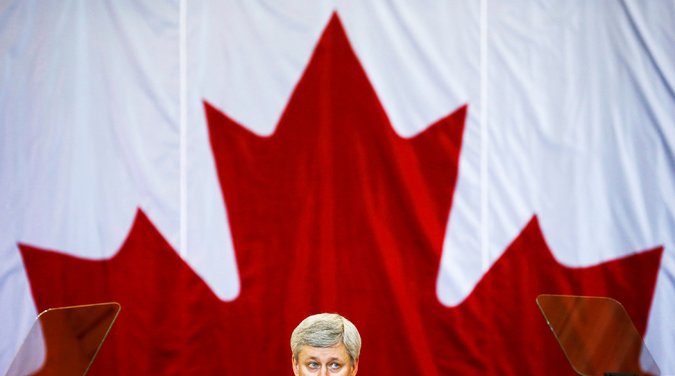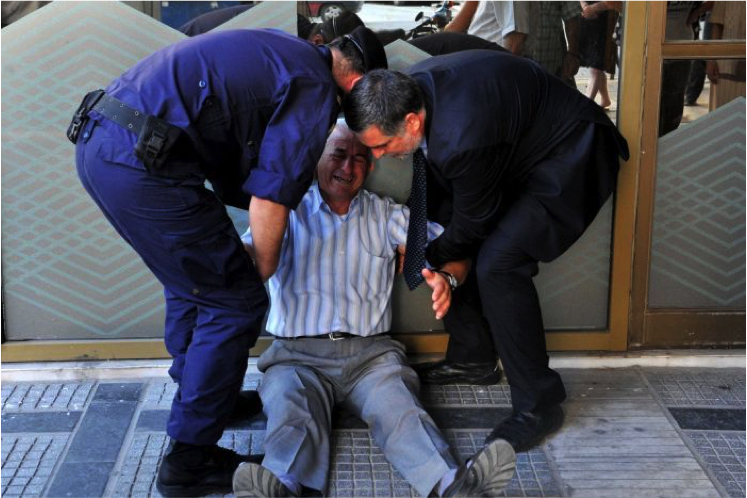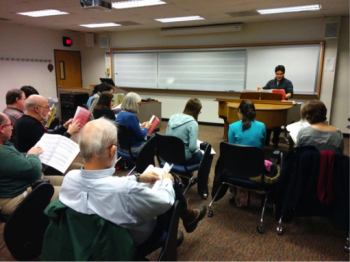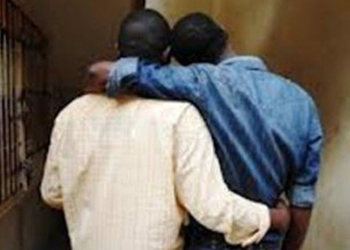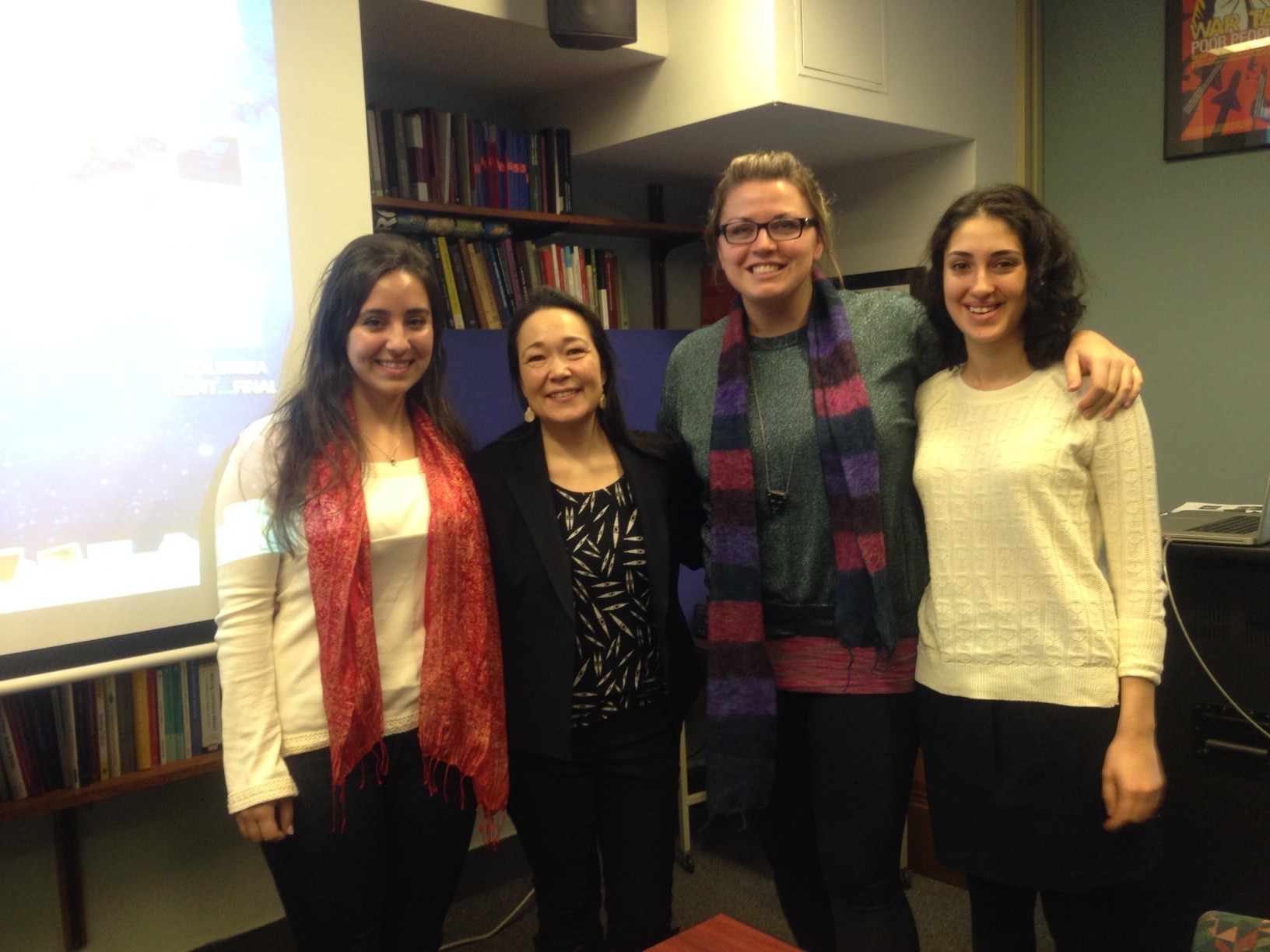
The Saddest Bride I Have Ever Seen…
By Sameera Uddin, graduate student of Human Rights at Columbia University
___________________________________________________________________________
"In Bangladesh, 65% of girls are married before they turn 18." (UNICEF)
"She was withdrawn, quiet, and appeared very sad throughout the entire day," said Allison Joyce, an American photojournalist who documented the wedding of 15-year-old Nasoin Akhter to a 32-year-old man, in her blog. The international community greeted Joyce’s photos of Nasoin’s wedding with shock and disappointment.
According to UNICEF, nearly one-third of Bangladeshi girls are married by the age of 15, the highest rate for that age group in the world. South Asia is home to almost half (42 per cent) of all child brides worldwide, and India alone accounts for one-third of the global total. Currently, it is illegal for girls to get married under the age of 18 in Bangladesh, yet the statistics suggest that the reality is otherwise.
Why is it that a country often highlighted as a development success story is facing these challenges? Bangladesh has reduced...


